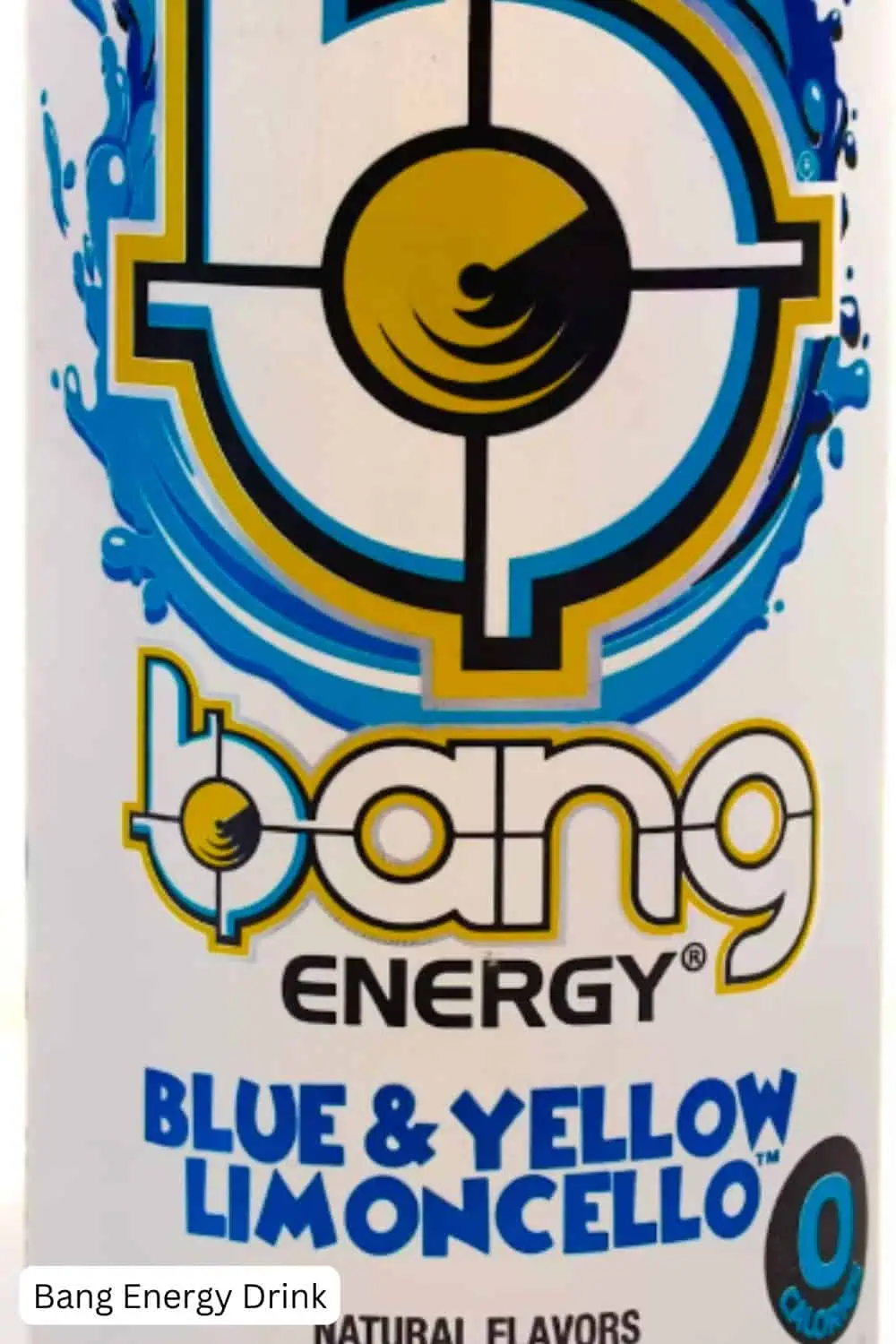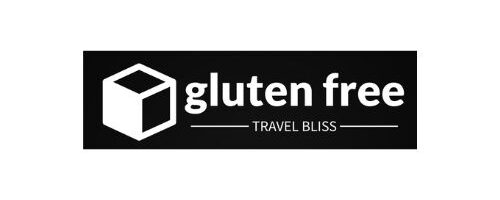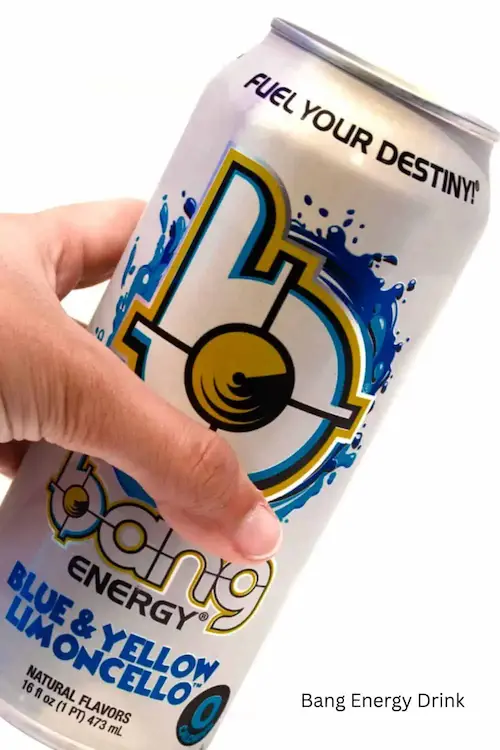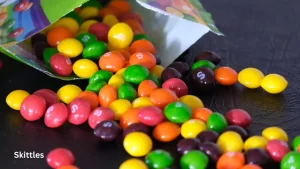Is BANG Gluten-Free? Explore the energy drink power!
In the fast-paced world, we all crave that extra jolt of energy. BANG energy drinks promise just that, boasting zero sugar, zero calories, and a potent 300 mg of caffeine punch. But with a label packed with cryptic ingredients and bold claims, a crucial question lingers: Is BANG gluten-free?

Hold your horses before you grab that can! It’s not a simple yes or no. Buckle up, energy seekers, as we delve deep into the BANG universe, dissecting ingredients, exploring gluten concerns, and ultimately helping you decide if this drink delivers a power-packed punch – or a gluten-filled gut punch.
First, let’s break down the main ingredients:
- Essential Amino Acids (EAAs): Muscle-building blocks for enhanced recovery and performance.
- Moderate Caffeine (300mg): Delivers a boost without the jitters of some competitors.
- B Vitamins: Support energy production and brain function.
- Vitamin C: An antioxidant for fighting free radicals.
But like any good superhero story, BANG has its villains too:
- Artificial Sweeteners: Acesulfame potassium and sucralose might cause digestive woes in some individuals.
- Sodium Benzoate: A preservative linked to potential hyperactivity in children.
- Calcium Disodium EDTA: A chelating agent with potential health concerns, though research is ongoing.
Now, to the main event: Gluten. This is where things get tricky.
- Original BANGs: The ingredients list doesn’t explicitly mention gluten. However, the lack of official testing raises concerns for those with celiac disease or severe gluten sensitivity.
- Reformulated BANGs: These explicitly claim to be gluten-free, making them a safer choice for individuals with gluten-related conditions. Look for “EAAs Aminos” on the label.
The Short Answer:
Some Bang energy drinks are gluten-free, while others are not. It all depends on the specific flavor and whether it has been reformulated. The reformulated Bang energy drinks are certified gluten-free by the Gluten Intolerance Group (GIG). This means that they have been tested and found to contain less than 20 parts per million (ppm) of gluten, which is the threshold for a product to be labeled gluten-free in the United States.
According to BANG’s website, their energy drinks are Gluten-Free but as stated earlier this refers to the reformulated drinks.
Here’s a comprehensive list of all reformulated, zero-sugar, and gluten-free Bang flavors:
Classic Flavors:
- Black Cherry Blast
- Black Guava Pear
- Blue Razz
- Birthday Cake Bash
- Citrus Twist
- Frosé Rosé
- Georgia Peach Sweet Tea
- Key Lime Pie
- Lemon Drop
- Peach Mango
- Power Punch
- Purple Haze (previously Purple Guava Pear)
- Rainbow Unicorn
- Star Blast
Seasonal and Limited-Edition Flavors:
Please note that limited-edition and seasonal flavors may be subject to change, so always check the label for updated information. Some currently available gluten-free and zero-sugar limited-edition flavors include:
- Candy Apple Crisp (available year-round)
- Cherry Blade Lemonade
- Cotton Candy
- Delish Strawberry Kiss
- Watermelon Slim (previously released, may return)
How to Know if a Bang Energy Drink is Gluten-Free
The easiest way to know if a Bang energy drink is gluten-free is to look for the gluten-free label on the can. If the can does not have a gluten-free label, it is not gluten-free. You can also check the ingredients list on the can. If the ingredients list includes any gluten-containing ingredients, such as wheat, barley, or rye, then the drink is not gluten-free.
Here are some of the ingredients in Bang energy drinks that are gluten-free:
- Carbonated water
- Citric acid
- Natural flavors
- Artificial flavors
- Acesulfame potassium
- Sucralose
- Caffeine anhydrous
- L-theanine
- Coenzyme Q10
- EAA aminos
- Vitamin C
- Vitamin B3
- Vitamin B6
- Vitamin B12
- Calcium chloride
- Sodium chloride
- Potassium chloride
- Magnesium chloride
- Calcium lactate
- Potassium phosphate dibasic
- Potassium sorbate
- Sodium benzoate
Here are some of the ingredients in Bang energy drinks that are not gluten-free:
- Wheat starch (in some flavors)
- Barley malt (in some flavors)
What if I Have Celiac Disease or Gluten Sensitivity?
If you have celiac disease or gluten sensitivity, it is important to be very careful about what you eat and drink. Even a small amount of gluten can cause damage to your small intestine. If you are unsure whether a Bang energy drink is gluten-free, it is best to err on the side of caution and avoid it.
Here are some other gluten-free energy drink options:
- Red Bull
- Monster Energy
- Rockstar Energy Drink
- NOS Energy Drink
- Full Throttle Energy Drink
BANG! Buzz or Bust?
While BANG boasts zero carbs and an amazing flavor to perk up any activity, it’s crucial to remember it’s not just rocket fuel for your body. Packed with much caffeine and artificial colors, it might not be the healthiest fuel choice. Consider your individual needs and any medical conditions before grabbing a can. Potassium citrate monohydrate might sound fancy, but it doesn’t erase the potential for that dreaded crash later. Remember, responsible use is key! Explore healthier alternatives or consult a doctor if unsure if BANG is the right match for your body’s specific needs.
The main source of BANG’s initial energy kick is its 300mg caffeine content. This is comparable to other popular energy drinks like Monster and Red Bull, offering a significant jolt. However, caffeine’s effects are temporary, often leading to a crash later as your body metabolizes it. BANG claims CoQ10 helps provide “sustained energy,” but it’s important to be realistic. The main driver of long-lasting energy is a balanced diet and regular physical activity. Relying solely on caffeinated beverages for sustained energy isn’t a healthy or sustainable solution.
Conclusion:
Bang energy drinks are a popular choice for people looking for a quick and convenient way to get a boost of energy. However, not all Bang energy drinks are gluten-free. If you have celiac disease or gluten sensitivity, it is important to be careful about which Bang energy drinks you choose.
Additional Information:
- The Food and Drug Administration (FDA) has guidelines for labeling food products as gluten-free. These guidelines state that a food product can only be labeled gluten-free if it contains less than 20 ppm of gluten.
- The Gluten Intolerance Group (GIG) is a non-profit organization that provides information and support to people with celiac disease and gluten sensitivity. The GIG certifies gluten-free products that meet their standards.
Remember:
- Consult a doctor: If you have celiac disease or non-celiac gluten sensitivity, always consult your doctor before consuming any new product, even if labeled “gluten-free.”
- Read the label: Ingredients can change, so always double-check the label before buying.
The Bottom Line:
- If you’re gluten-free and crave a Bang, stick to the reformulated versions with “EAAs Aminos” on the label.
- Be aware of other potentially concerning ingredients and their potential health effects.
- Listen to your body: If you experience any discomfort, discontinue use and consult a doctor.
Enjoy your energy boost responsibly!







